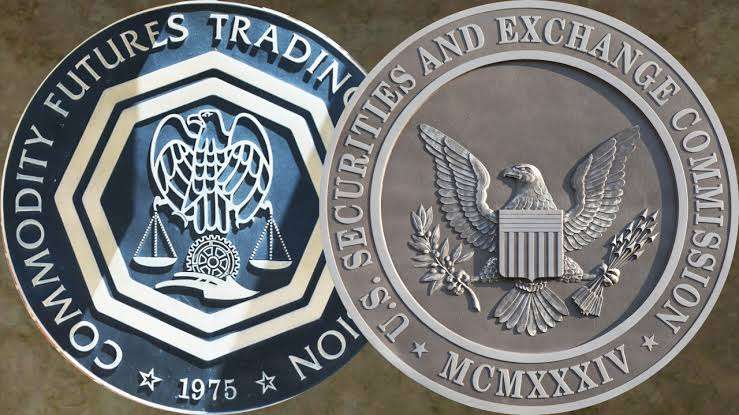CFTC takes enforcement action against KuCoin, a cryptocurrency exchange, suggesting it may overstep the SEC jurisdiction.
Commissioner of the Commodities Futures Trading Commission (CFTC) Caroline Pham has openly questioned the agency’s enforcement action against KuCoin, a cryptocurrency exchange. On March 26, the Commissioner of the Commodities Futures Trading Commission, together with the US Department of Justice, charged KuCoin with operating the digital asset derivatives exchange unlawfully. Pham’s criticism sparks a debate over regulatory boundaries in the cryptocurrency business by raising the possibility that the CFTC has overreached into the purview of the Securities and Exchange Commission (SEC), its sister organization.
The Pham case pertains to the CFTC’s decision to consider fund shares as leveraged trading under commodities regulations. She argues that this blurs the distinctions between trading and investing in securities, traditionally governed by the SEC. Pham claims that by combining financial instruments with actions, such a strategy would violate SEC jurisdiction and ruin a legacy of investor protection legislation.
Exposes CFTC-SEC Regulatory Rift in KuCoin Case
The competition between the SEC and CFTC for regulatory dominance in the cryptocurrency space is not new. The SEC has not yet officially classified ether as a security; therefore, its status remains a major open question. Concurrently, the CFTC has reaffirmed its stance on cryptocurrencies as commodities. The divergence in regulatory outlook highlights the need for precise regulations in the quickly evolving cryptocurrency industry.
Rostin Behnam, expressed skepticism earlier this month, pointing out that classifying ether as a security would cause problems for anyone wishing to designate it as a futures contract in terms of compliance. This circumstance highlights the important aspects of the current discussion between the two regulatory bodies. Such discrepancies in understanding could have serious repercussions for the cryptocurrency market and its players.
Demands for Coordinated Strengthening of the SEC-CFTC Regulatory Framework
Pham’s critique raised a more serious concern about the potential destruction of investor protection from overreaching regulations. The Commissioner of the Commodities Futures Trading Commission current position, which equates share ownership with derivative trading, could upset the fundamental tenets of the securities markets. This emphasizes even more how a more coordinated regulatory strategy is required, one that respects the respective responsibilities of the SEC and the CFTC.












